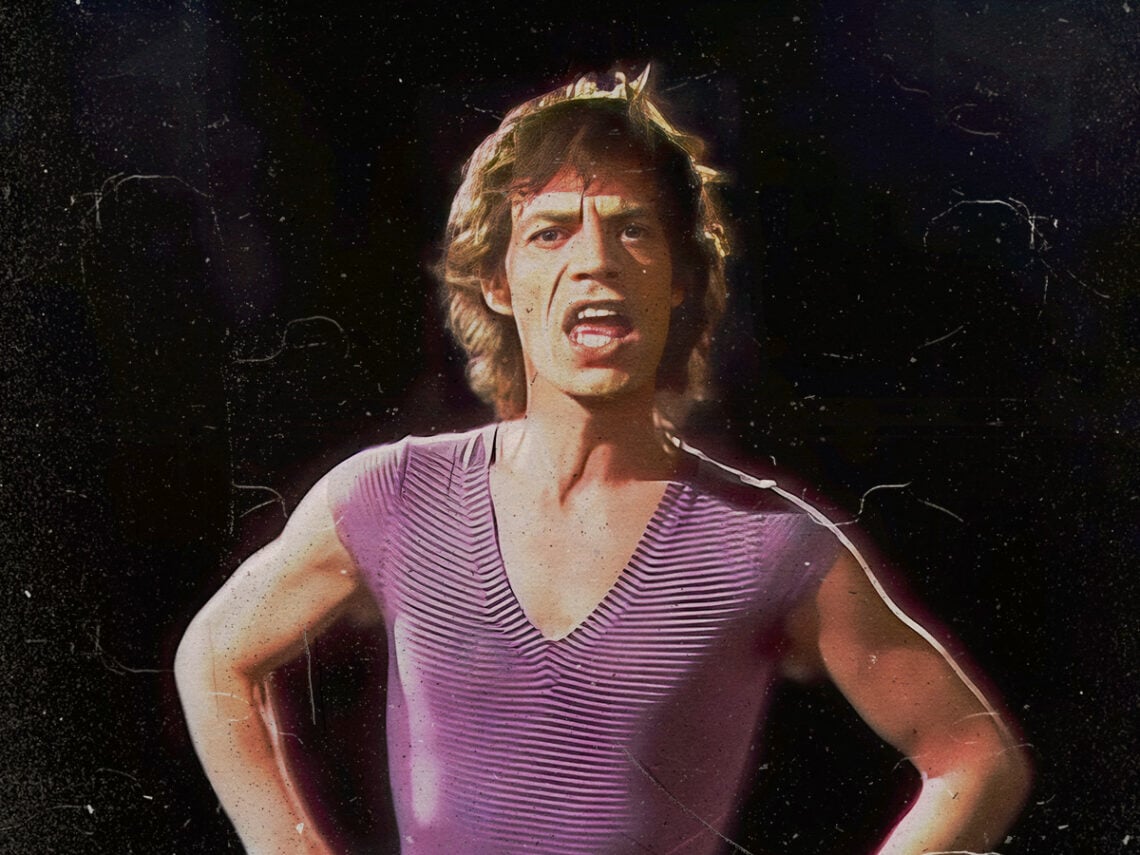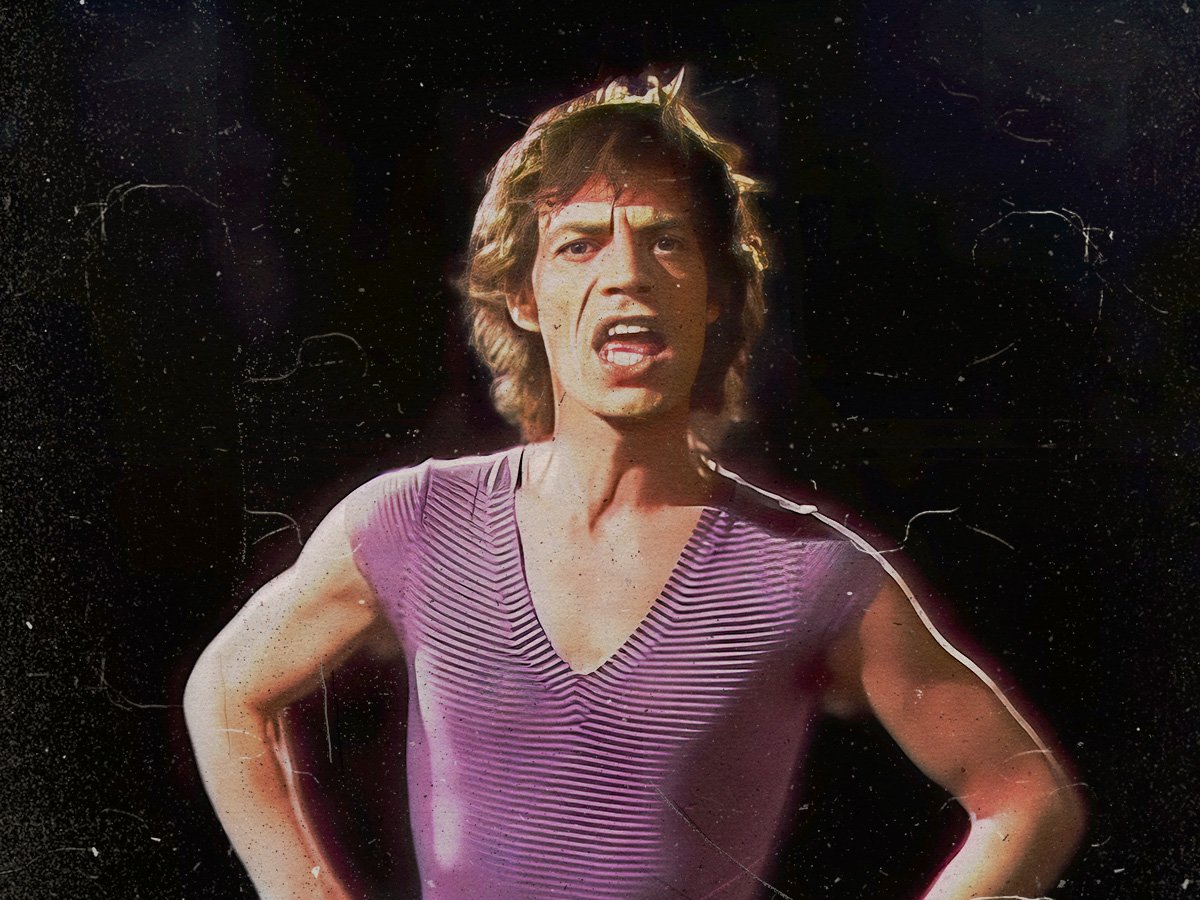
(Credits: Far Out / YouTube Still)
Thu 30 October 2025 18:00, UK
It’s not hard to see where Mick Jagger got a lot of his moves from in the early days of The Rolling Stones.
They may have looked like the antithesis to bands like The Beatles, but there’s a lot more grit in Jagger’s voice that seemed far more indebted to the likes of Muddy Waters than anything that Buddy Holly was singing in the 1950s. He was proud to be a bluesman at heart, but whenever he stepped out onstage, there was more than a little bit of soul in the way that he strutted across the stage.
Say what you want about the rivalry between the Fab Four and The Stones, but you weren’t going to see Lennon or McCartney pulling off the kind of moves that Jagger could do. That may have been because he didn’t play an instrument, but even when he had a guitar between him and the microphone, he was the textbook example of how anyone looking to play rock should interact with a crowd.
And if you ask any of the bands that came after Jagger, he was always the gold standard. No one was going to get to the top of the musical food chain by standing at the lip of the stage looking bored, and given how much he still puts into his performances today, he practically set one rule for every single frontman after him: If it didn’t feel like you ran a marathon when you get offstage, you didn’t give 100%.
Then again, you’d have to wonder how much of Jagger’s moves were inherited secondhand through Tina Turner. Jagger could dance his ass off every time he was onstage, but Turner refused to take any prisoners from the minute she got onstage, almost being a lightning rod when she started singing tunes like ‘Proud Mary’. But there’s a good chance ‘The Queen of Rock and Roll’ had to give props to the hardest working man in show business.
Elvis Presley had been the fixture of rock and roll in the 1950s, but when James Brown got onstage, nothing else mattered in the world. Some of the moves that he was doing at the time would have been difficult for most people to pull off today, and with the rest of the band playing in perfect time behind him, Brown practically had free reign to use the entire group as an instrument half the time, whether that was having them stop on a dime or drag out a song with a few chord stabs.
He wasn’t the most indicative rock and roll artists by any stretch, but Jagger knew that any rock band worth its salt would have to bow down to what Brown did, saying, “I didn’t do much of that kind of music, really, but it’s influenced all the rock bands I know. [Even if] you don’t sound like James Brown, you know that’s in your repertoire. It’s all there in the background. Particularly that Live at the Apollo album, and all those early funk records. All these bands, the Stones included, could all play [some of that].”
And for anyone that wants to know what true greatness sounds like on the live stage, Live at the Apollo is the absolute peak of Brown’s performing abilities. Others may have tried to capture the same kind of energy that he did, but whereas Sam Cooke could work a room on Live at the Harlem Square Club, Brown was pushing and pulling the audience in every direction during this show, even kicking up the tempo to tunes like ‘I Don’t Mind’ to give it more energy.
While the music itself might not be everyone’s cup of tea, no one can deny the work that Brown put into every one of those tunes whenever he went onstage. The idea of calling himself one of the hardest working men in show business may have sounded tacky, but it’s impossible to look up footage of him performing and not think that he earned every single word of that title.
Related Topics
